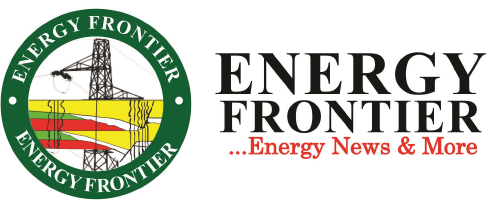Economies of scale and speed of deployment have been two major hurdles for the minigrid industry.
Husk Power has announced new benchmarks that erased both barriers: it became the first company to own and operate more than 200 community solar minigrids in Asia and Africa. And it also averaged a rollout of 16 minigrids per month.
The two achievements follow closely on Husk’s announcement in January 2023 of being the first minigrid company to achieve corporate profitability.
Taken together, the trifecta of industry milestones – a profitable business model, a large portfolio of assets, and the ability to deploy minigrids in previously unseen numbers – are proof that the minigrid industry is scaling, with Husk Power, which pioneered the industry 15 years ago, showing the path forward.
At an event in India’s Uttar Pradesh state attended by government leaders, business partners and Husk executives, 16 new minigrids – all of which were built within a one month period – were inaugurated, taking Husk’s portfolio over the 200 mark.
Husk expects to double again its portfolio to 400 minigrids by the end of 2023. At the same time, Husk’s excellence and know-how in project deployment is being transferred to its operations in Sub-Saharan Africa, including Nigeria, where the company already has 12 sites in operation, with plans for up to 100 by 2023 and 500 by 2026.
Referring to the announcement, Manoj Sinha, Husk’s Co-Founder and CEO, said: “These latest milestones confirm our confidence for Husk and for the industry as a whole – in scaling community solar minigrids and making a major contribution to achieving universal electrification in Asia and Africa. It took Husk four years to grow 10X and reach 200 minigrids, and we are now able to double our portfolio to 400 in just one year and begin our next 10X journey.”
“In 2022, Husk became the first and only minigrid company to sign a UN Energy Compact, which included a commitment to building 5,000 minigrids by 2030 and displacing 700 million gallons of fuel for diesel generators, which currently dominate economies in Asia and Africa”, he noted.
According to a Minigrid Industry Roadmap released in 2022, rate of deployment “may be the most daunting challenge” for the industry, noting that 10 companies with 10 times the current maximum rate of deployment are needed to achieve Sustainable Development Goal 7 (SDG7) – access to modern, affordable, clean, reliable energy for all..
“Husk’s speed of deployment is the result of achieving efficiencies across multiple aspects of its business: site scoring and selection, land leasing and permitting, supply chain management, logistics and warehousing, construction and digital automation”, he stated.
Since 2019, Husk has raised $40 million ($25 million in equity and $15 million in low-cost, long-term debt) and grew 10X despite being hit by Covid and other global market disruptions, demonstrating efficient deployment of capital and business resiliency.





















